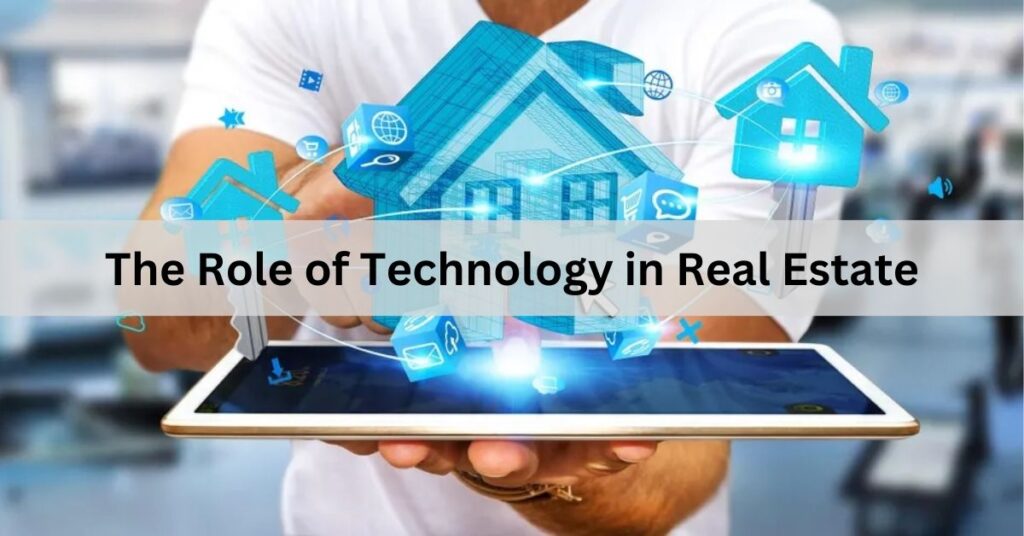In recent years, technology has revolutionized every sector it has touched, and real estate is no exception. From streamlining processes to enhancing connectivity, technological advancements have reshaped how properties are bought, sold, and managed. This article explores the transformative impact of technology on the real estate industry, highlighting key trends and benefits.
Contents
Streamlining Property Search and Transactions
Gone are the days of flipping through endless listings in newspapers. Today, prospective buyers can browse properties from the comfort of their homes using specialized real estate websites and mobile apps. These platforms utilize advanced algorithms and data analytics to match buyers with properties that meet their specific criteria, significantly speeding up the search process.
Moreover, technology has simplified the transaction process itself. Electronic signatures and digital contracts have reduced paperwork and minimized delays, making it easier for parties involved in the transaction to finalize deals efficiently.
Virtual Reality (VR) and Augmented Reality (AR) in Property Viewing
One of the most innovative uses of technology in real estate is the integration of Virtual Reality (VR) and Augmented Reality (AR) in property viewings. VR allows potential buyers to take virtual tours of properties from anywhere in the world, providing a realistic and immersive experience without physically visiting the location. AR, on the other hand, overlays digital information onto the physical environment, enabling potential buyers to visualize renovations or interior design changes in real-time.
These technologies not only save time but also widen the reach of property listings, attracting international buyers and investors who can explore properties remotely before making a decision.
Big Data and Predictive Analytics for Market Insights
The availability of vast amounts of data has empowered real estate professionals with valuable insights into market trends and consumer behavior. Big data analytics enables them to analyze historical sales data, demographic information, and economic indicators to predict future market trends accurately.
This data-driven approach helps real estate agents and investors make informed decisions regarding pricing, property investments, and market timing. By understanding market dynamics and forecasting demand, stakeholders can optimize their strategies and stay ahead of the competition.
Smart Homes and IoT Integration
The concept of smart homes, equipped with Internet of Things (IoT) devices, has gained momentum in recent years. IoT-enabled devices such as smart thermostats, security systems, and appliances allow homeowners to control and monitor their properties remotely through smartphone apps. These devices not only enhance convenience and security but also contribute to energy efficiency and cost savings.
For real estate developers, integrating IoT technology into new constructions has become a competitive advantage, appealing to tech-savvy buyers who seek modern and connected living spaces.
Blockchain Technology for Secure Transactions
Blockchain technology has emerged as a game-changer in the real estate sector, particularly concerning property transactions and management. By leveraging decentralized ledgers, blockchain ensures transparency, reduces fraud, and expedites the transfer of property titles. Smart contracts powered by blockchain enable automatic execution of agreements when predefined conditions are met, eliminating the need for intermediaries and reducing transaction costs.
As blockchain continues to evolve, its potential to revolutionize property ownership and management processes remains substantial, offering a more secure and efficient alternative to traditional methods.
Conclusion
In conclusion, technology has not only transformed the way real estate transactions are conducted but has also enhanced efficiency, connectivity, and transparency across the industry. From virtual property tours to predictive analytics and blockchain-powered transactions, the integration of technology has opened new avenues for growth and innovation. As these technologies continue to evolve, their impact on real estate will likely expand, shaping the future of property buying, selling, and management worldwide.



